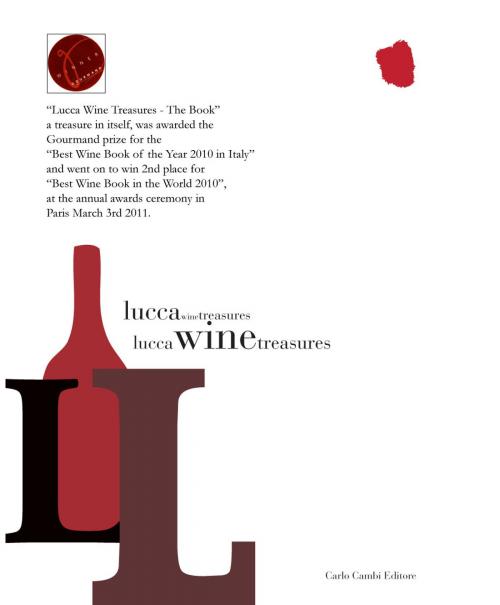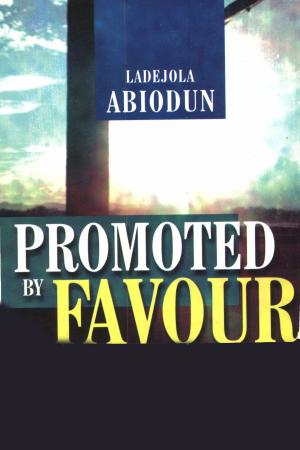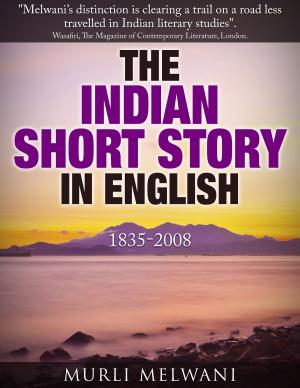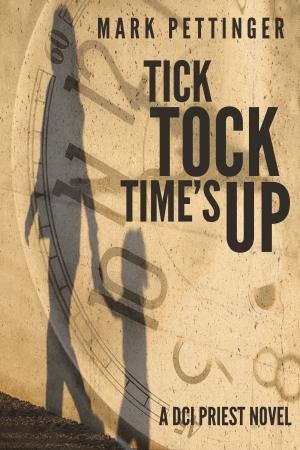| Author: | Lars Stork | ISBN: | 9781617923814 |
| Publisher: | BookBaby | Publication: | August 1, 2010 |
| Imprint: | Language: | English |
| Author: | Lars Stork |
| ISBN: | 9781617923814 |
| Publisher: | BookBaby |
| Publication: | August 1, 2010 |
| Imprint: | |
| Language: | English |
For over 30 years I lived a corporate lifestyle as a senior executive for multinational companies. My work took me to all corners of the globe: I built telecommunications networks in Zambia, Malawi, Sierra Leone and Nigeria; factories in China, Europe and the United States, and I have lived in more than 15 countries from Norway in the North to Africa in the South, China in the East and New York in the West. I have been very fortunate in my career and have had the opportunities to experience different places and many diverse cultures. It's a lifestyle with pros and cons, and has led me to constantly evaluate the places that I believe offer the best quality of life. This isn't necessarily about best value for money. It's about a place in the world where the living is, simply put, great. People, culture, climate, nature, not to mention my two great loves - wine and food - these were the key ingredients for me. Like so many other foreigners, I found all these in my field of dreams in Italy, where a restored farmhouse on the hills overlooking the Lucca plains in central Tuscany has become my home. The property includes a small olive grove and vineyard. As I began to plan how I would develop my own vines, I started to look around the valley of Lucca and the neighboring wine country of Montecarlo at other established vineyards. These two areas have been producing wine since Etruscan times, but have been largely overshadowed by areas like Chianti and the Tuscan Maremma (Bolgheri), that began producing and marketing top quality international wines in the 1960s. Yet what I saw in this area surprised me. With just a couple of exceptions, wine-makers here are working relatively small vineyards to produce wines of outstanding quality. This has often involved significant economic sacrifice. Yet the most surprising thing for me was to discover how deeply passionate these wine-makers are, not only about their land and history, but about new techniques, biological agriculture and constantly improving the quality of their wine. I love to hear about their approach to innovation and their search for perfection, but most of all I love to listen to their stories: stories of friendship, family, partnership, love, stories of chance and experimentation, of time, bouquet, color and taste, of connection to the land and its culture, of technology and the future. Their singular marketing and communication strategy seems to be making great wines and keeping an open door to anyone who wants to stop by their cellar and try them! And it seems to slowly be producing results. A growing number of wines from Lucca and Montecarlo are being recognised in Italy's most authoritative guides like the Gambero Rosso, L'Espresso and Luca Maroni's Guide to the Best Italian Wine. This book is a homage to both their products and their passion: the wine treasures of Lucca.
For over 30 years I lived a corporate lifestyle as a senior executive for multinational companies. My work took me to all corners of the globe: I built telecommunications networks in Zambia, Malawi, Sierra Leone and Nigeria; factories in China, Europe and the United States, and I have lived in more than 15 countries from Norway in the North to Africa in the South, China in the East and New York in the West. I have been very fortunate in my career and have had the opportunities to experience different places and many diverse cultures. It's a lifestyle with pros and cons, and has led me to constantly evaluate the places that I believe offer the best quality of life. This isn't necessarily about best value for money. It's about a place in the world where the living is, simply put, great. People, culture, climate, nature, not to mention my two great loves - wine and food - these were the key ingredients for me. Like so many other foreigners, I found all these in my field of dreams in Italy, where a restored farmhouse on the hills overlooking the Lucca plains in central Tuscany has become my home. The property includes a small olive grove and vineyard. As I began to plan how I would develop my own vines, I started to look around the valley of Lucca and the neighboring wine country of Montecarlo at other established vineyards. These two areas have been producing wine since Etruscan times, but have been largely overshadowed by areas like Chianti and the Tuscan Maremma (Bolgheri), that began producing and marketing top quality international wines in the 1960s. Yet what I saw in this area surprised me. With just a couple of exceptions, wine-makers here are working relatively small vineyards to produce wines of outstanding quality. This has often involved significant economic sacrifice. Yet the most surprising thing for me was to discover how deeply passionate these wine-makers are, not only about their land and history, but about new techniques, biological agriculture and constantly improving the quality of their wine. I love to hear about their approach to innovation and their search for perfection, but most of all I love to listen to their stories: stories of friendship, family, partnership, love, stories of chance and experimentation, of time, bouquet, color and taste, of connection to the land and its culture, of technology and the future. Their singular marketing and communication strategy seems to be making great wines and keeping an open door to anyone who wants to stop by their cellar and try them! And it seems to slowly be producing results. A growing number of wines from Lucca and Montecarlo are being recognised in Italy's most authoritative guides like the Gambero Rosso, L'Espresso and Luca Maroni's Guide to the Best Italian Wine. This book is a homage to both their products and their passion: the wine treasures of Lucca.















